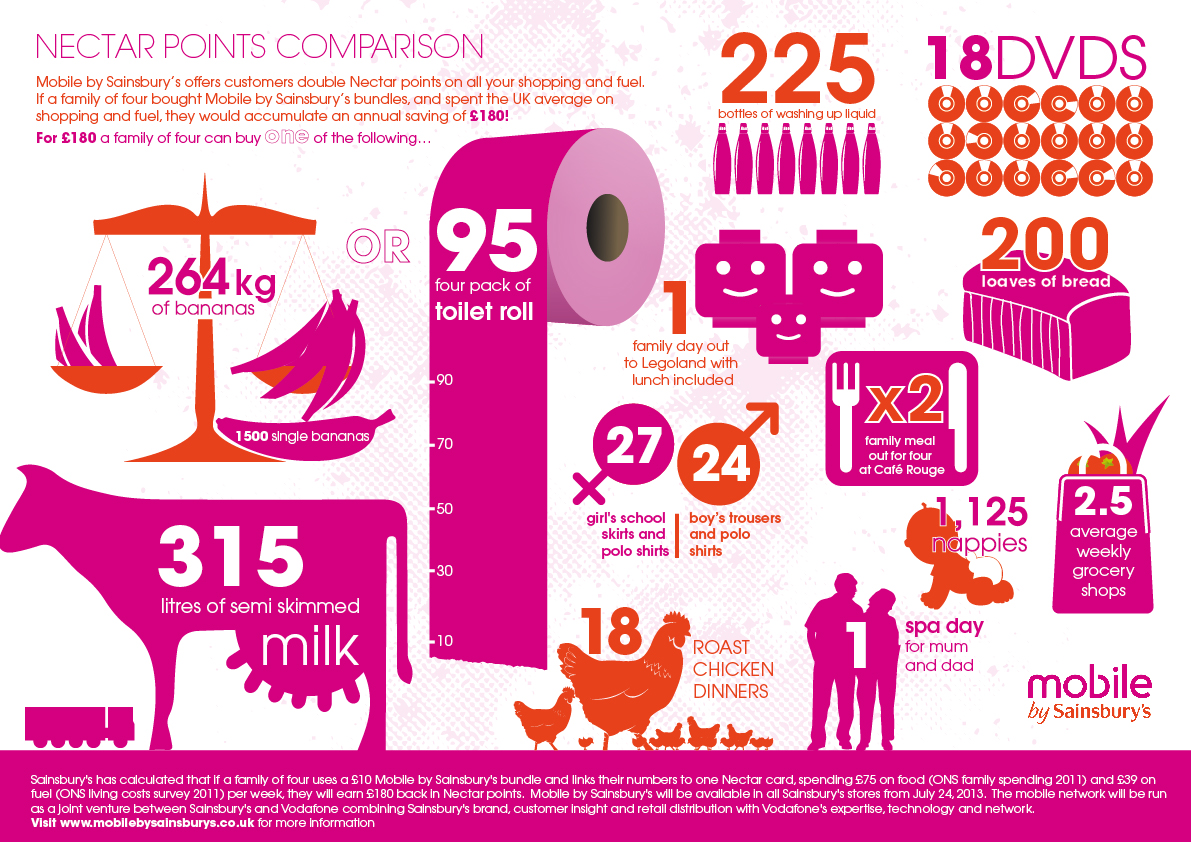One of the biggest debates parents have these days is whether they should let their kids have a mobile of their own.
By Juhan Sonin via Flickr.com
Some parents are even allowing their children to have phones at the age of six. A survey carried out by The Marketing Store has discovered that 6% of children aged six owned a mobile phone in the UK.
It was also discovered in a separate survey that one in three children can actually use a tablet or smartphone before they can talk.
While many may not agree with this – in fact, research from Mobile by Sainsbury’s revealed that most parents believe the appropriate age for kids to have a mobile phone is 12 years – there’s an argument that mobile phones can actually be used to make children smarter. The question is can a phone ever be educational for your child?
Why smartphones can be educational
These days the mobile phone has come a long way. Once used purely to make and receive calls, users now have the ability to surf the internet, play games, watch movies and even video call their contacts.
There’s an unlimited amount of things you can do and it’s the apps available that really draw people in to the hype. The iPhone for example, has millions of different apps for absolutely everything you can think of.
By Zach Vega (Own work) [CC-BY-SA-3.0 (http://creativecommons.org/licenses/by-sa/3.0)], via Wikimedia Commons from Wikimedia Commons
Are you looking to lose weight? There’s an app that can show you how, give you motivation and keep you on track. Perhaps you want to learn a new language? There are language apps that can help.
The same applies to children – there are literally thousands of apps that have been developed to help your child learn. At the moment there’s approximately 3,400 apps designed with children and education in mind.
As for what the apps can actually teach children, they are divided into categories. There are apps developed to help your child learn to read. There are also ones that help to teach letters and numbers.
Children learn much faster when they’re interacting with something. The whole purpose of smartphone applications is to create a fun way for kids to learn. It’s not always easy sitting them down and getting them to focus on letters or reading.
Providing them with something fun and educational makes the process much easier.
Easy to use and convenient
The great thing about smartphones is the fact they’re so easy for a child to use. The screens are quite big and it is all touch-controlled. Children find it easy swiping their finger across the screen. The interface is modern and convenient.
Most homes also have a smartphone these days. So if you don’t want to let your child have their own phone, you can always let them borrow yours for an hour or so in the evening. This will help them to learn and temporarily satisfy their urge for a phone of their own.
Providing you monitor what your children are using the smartphones for, they can be really educational. Set firm ground rules as to how they can use the phone and check to see if they have been sticking to them at the end of the week. Obviously with younger children you can’t set these boundaries. Instead you can show them the apps they can play on and put a parental lock on the store so they can’t accidentally buy anything else.
Smartphones can be really beneficial for children. They can be educational as well as helping them to keep in touch with friends and family. There are so many educational apps available and many of them are completely free.
There’s no denying that modern phones have made life a lot easier. Clever parents can use them to their advantage to teach their children numerous life skills. Mobile by Sainsbury’s has some fantastic offers on these phones, especially in the run up to the Christmas period.



